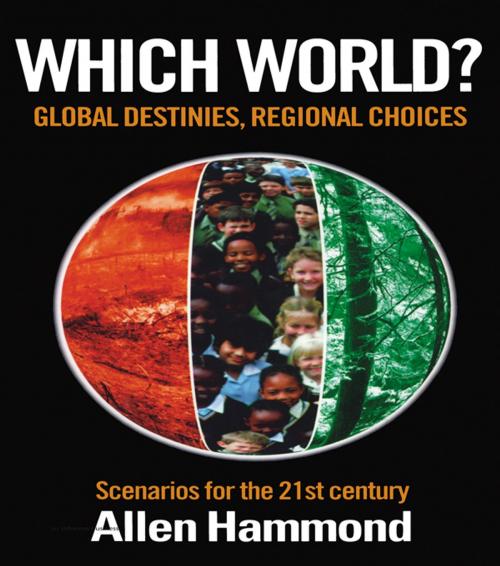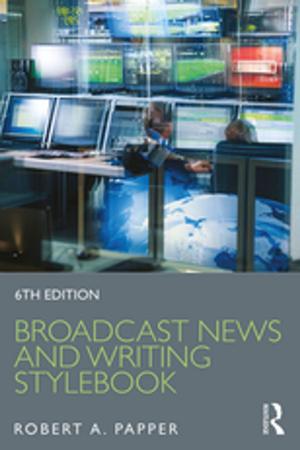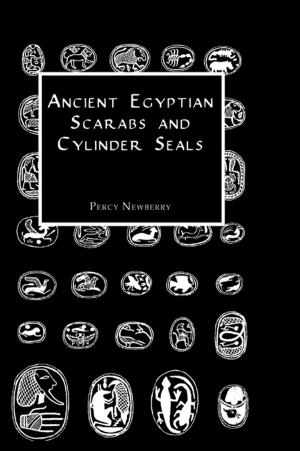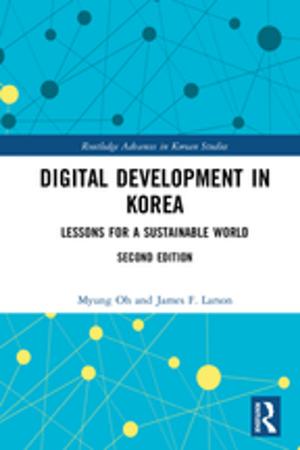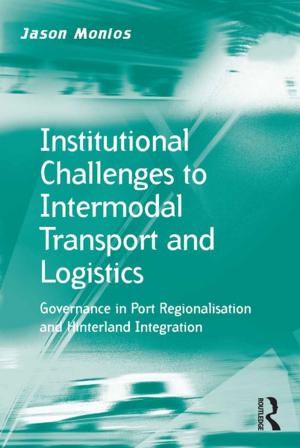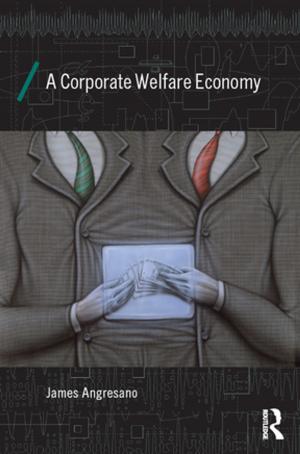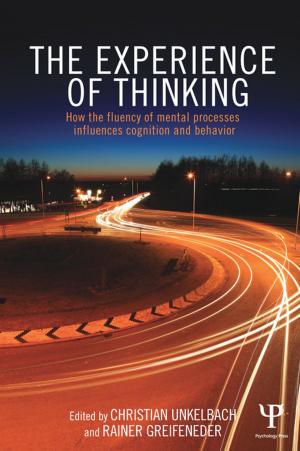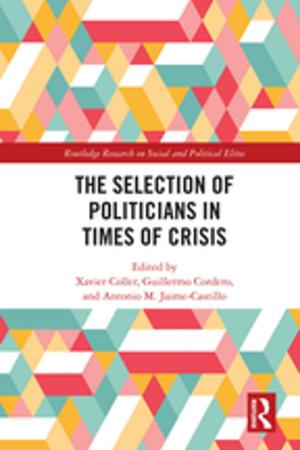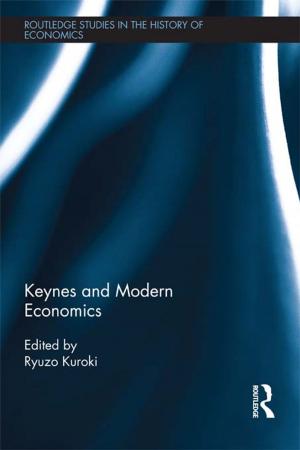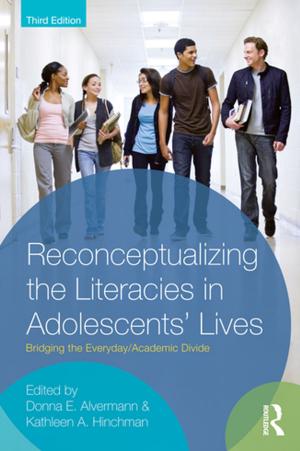Which World
Global Destinies, Regional Choices - Scenarios for the 21st Century
Business & Finance, Economics, Economic Development| Author: | Allen Hammond | ISBN: | 9781134188253 |
| Publisher: | Taylor and Francis | Publication: | April 8, 2014 |
| Imprint: | Routledge | Language: | English |
| Author: | Allen Hammond |
| ISBN: | 9781134188253 |
| Publisher: | Taylor and Francis |
| Publication: | April 8, 2014 |
| Imprint: | Routledge |
| Language: | English |
?Today, humanity faces a fundamentally different challenge ? that of managing a planet and a global human civilization in ways that will sustain both indefinitely. What makes this task less than easy are the pace and complexity of change. Over the next half century, human society will undergo a profound demographic transformation, experience fundamental shifts in the global balance of economic and political power, and cope with nearly continuous technological change. These transformations are inevitable ? the forces that compel them are already in place ? but their outcomes are far from fixed? This book is about the future, but not in the sense of making predictions. Rather it suggests how to think about the future. Because human destiny is not predetermined, this book explores not just one but several possible worlds, each embodying a very different vision of the future. Implicit in these contrasting visions is a choice: which world do we prefer; which world do we want to pass on to our children and grandchildren?? From chapter 1
?Today, humanity faces a fundamentally different challenge ? that of managing a planet and a global human civilization in ways that will sustain both indefinitely. What makes this task less than easy are the pace and complexity of change. Over the next half century, human society will undergo a profound demographic transformation, experience fundamental shifts in the global balance of economic and political power, and cope with nearly continuous technological change. These transformations are inevitable ? the forces that compel them are already in place ? but their outcomes are far from fixed? This book is about the future, but not in the sense of making predictions. Rather it suggests how to think about the future. Because human destiny is not predetermined, this book explores not just one but several possible worlds, each embodying a very different vision of the future. Implicit in these contrasting visions is a choice: which world do we prefer; which world do we want to pass on to our children and grandchildren?? From chapter 1
